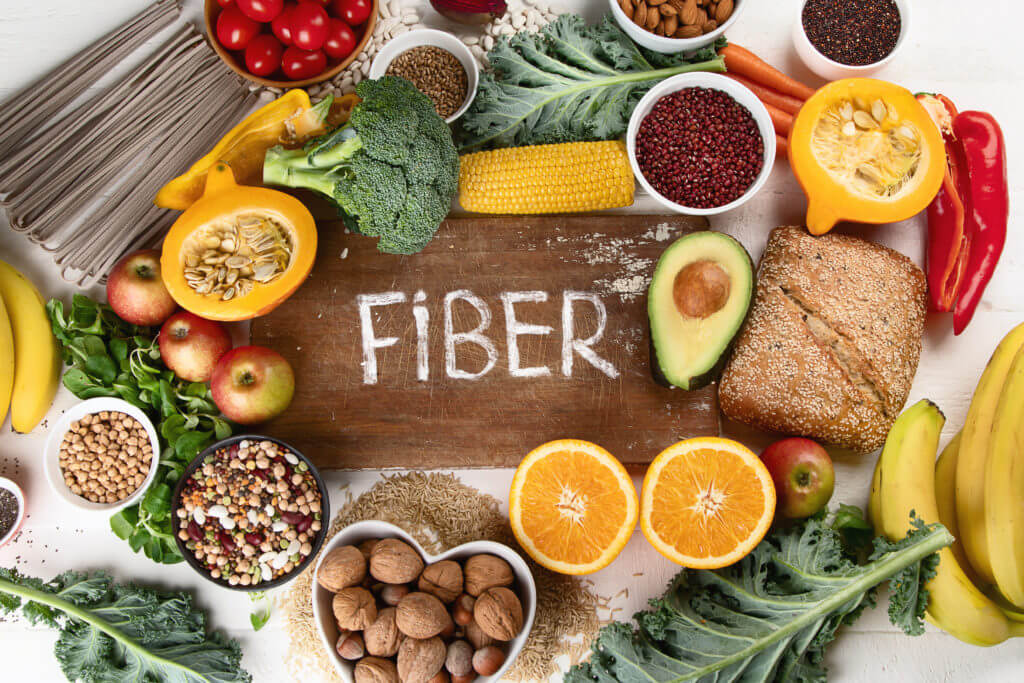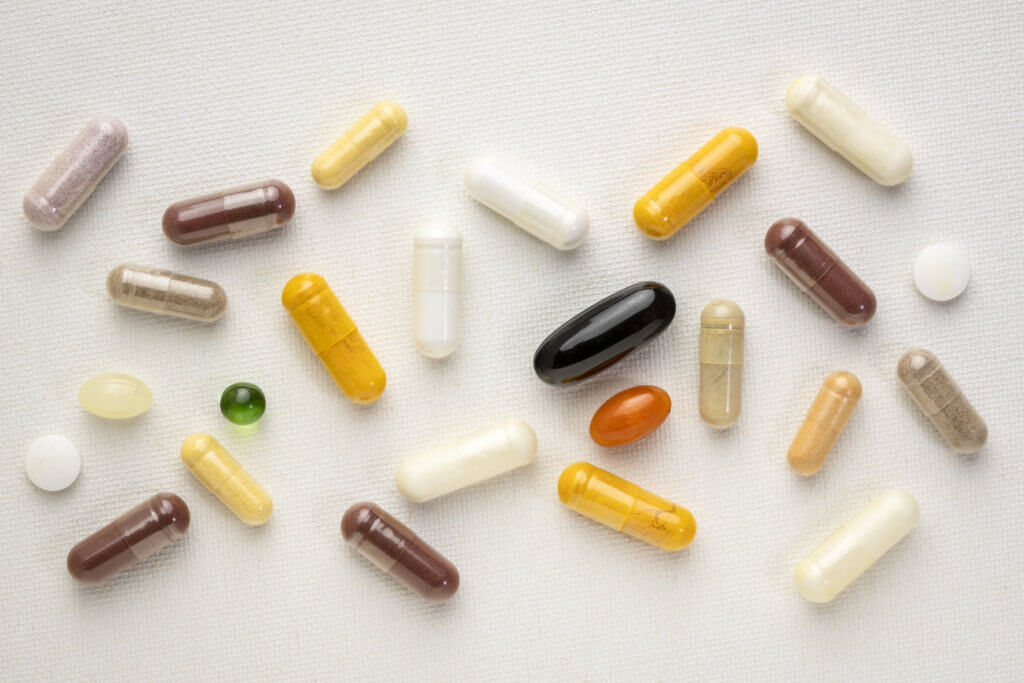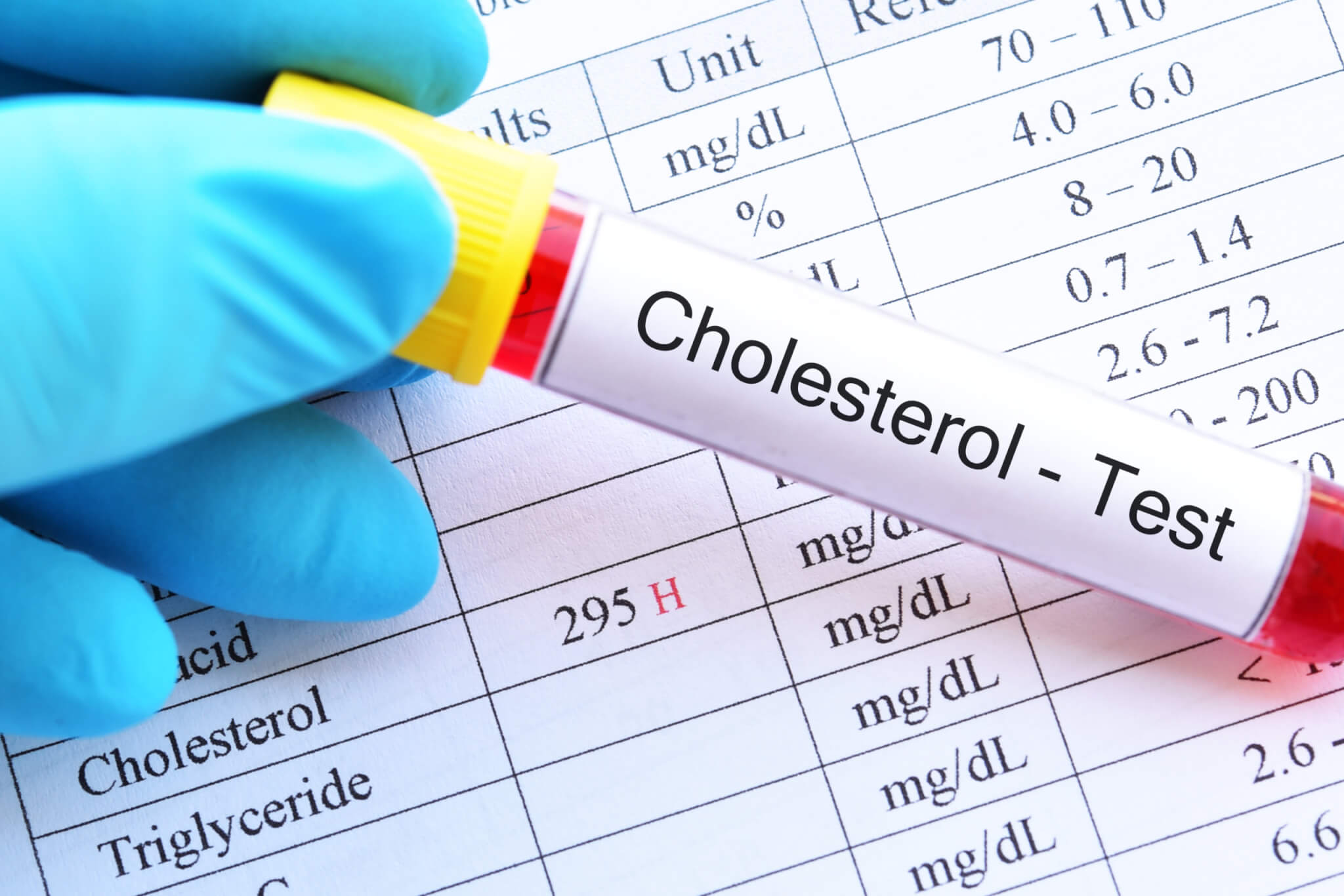There is nothing worse than getting a blood test, thinking everything will come back normal, and findings out you have high cholesterol. This is the reality of almost 80 million Americans who have high cholesterol, according to the Centers for Disease Control and Prevention.
Let’s get one thing straight: cholesterol is not inherently bad. Your body gets cholesterol from two sources, from the food you eat and from what your liver produces naturally. Cholesterol is needed for both hormone and overall metabolic health.
In excess, it can lead to heart health complications. More research continues to come out about how much dietary cholesterol truly impacts blood cholesterol levels, with more studies starting to show that it isn’t all that much. Rather, research finds certain dietary choices can stimulate the liver to make too much cholesterol.
According to the CDC, heart disease is the leading cause of death in the United States. More often than not, the food choices we make can make a significant difference in reducing cholesterol, and thus the risk of developing heart disease in general. The diet tweak you need likely isn’t to eliminate all cholesterol, but to increase your soluble fiber.
What is soluble fiber?
There are two types of fiber: insoluble and soluble. Insoluble helps to add bulk to your stool, whereas soluble fiber slows digestion by absorbing water and turning into a gel-like texture.
You will find soluble fiber in whole plant foods such as:
Insoluble fiber doesn’t have the same cholesterol-lowering effect as soluble, but it’s still important to ensure enough intake of it to prevent constipation by promoting consistent bowel movements.

How does soluble fiber help lower cholesterol?
The gel-like consistency helps it act like a sponge to soak up excess cholesterol and excrete it through your digestive system, affectively helping to blunt absorption in the blood. There are subcategories of soluble fiber, such as viscous fibers, inulin oligofructose, beta glucans, pectin, psyllium, and more, which have been shown to positively impact LDL (“bad”) and total cholesterol.
Researchers continue to find mounting evidence to support that soluble fiber is beneficial for reducing cholesterol levels. Unfortunately, most Americans don’t meet their daily fiber targets. It’s recommended that people eat 25 to 35 grams of fiber per day, but most Americans actually eat somewhere between 10 and 15 grams each day.
Do fiber supplements work?
All supplements are meant to do just as their name suggests: supplement your intake. It’s unlikely that you eat the same way every single day, so if you’re trying to stick to the recommended amount of daily fiber, a supplement can help you stay on track.
However, supplements aren’t meant to completely take the place of fiber-rich foods. Fruits, vegetables, whole grains, nuts, and seeds all have a place in the diet not only for their fiber content, but the vitamins, minerals, and tons of antioxidants they provide.

Most Americans would greatly benefit from including more fiber into their diets. It’s the single nutrient known to directly act on cholesterol and help your body get rid of excess amounts.
Fiber has been shown to support healthy cholesterol numbers and be protective against heart disease. If you want to lower your cholesterol, start by prioritizing more soluble fiber-rich foods, along with incorporating other lifestyle factors such as more exercise and decreasing stress.
Diet Suggestions For Increasing Soluble Fiber
Here’s a simple, balanced 7-day meal plan that emphasizes foods high in soluble fiber:
Day 1
- Breakfast: Oatmeal topped with sliced bananas and a sprinkle of chia seeds.
- Lunch: Lentil soup with whole grain bread.
- Dinner: Grilled chicken with a side of steamed broccoli and quinoa.
- Snacks: An apple; a handful of almonds.
Day 2
- Breakfast: Smoothie with spinach, berries, and a tablespoon of ground flaxseed.
- Lunch: Salad with mixed greens, chickpeas, avocado, and olive oil dressing.
- Dinner: Baked salmon with sweet potato and green beans.
- Snacks: Orange slices; carrot sticks with hummus.
Day 3
- Breakfast: Greek yogurt with mixed berries and a drizzle of honey.
- Lunch: Turkey and avocado wrap with whole grain tortilla.
- Dinner: Stir-fried tofu with mixed vegetables (carrots, bell peppers) and brown rice.
- Snacks: Pear; a handful of walnuts.
Day 4
- Breakfast: Whole grain toast with peanut butter and banana slices.
- Lunch: Quinoa salad with cucumbers, tomatoes, and feta cheese.
- Dinner: Grilled shrimp with asparagus and a side of barley.
- Snacks: Peach; yogurt.
Day 5
- Breakfast: Berry and banana oat bran muffin with a side of cottage cheese.
- Lunch: Black bean soup with a side of mixed greens salad.
- Dinner: Roast chicken with Brussels sprouts and sweet corn.
- Snacks: Apple; a handful of sunflower seeds.
Day 6
- Breakfast: Scrambled eggs with spinach and whole grain toast.
- Lunch: Tuna salad (with Greek yogurt) on whole grain bread.
- Dinner: Beef stew with carrots, potatoes, and peas.
- Snacks: Orange; a few slices of cheese.
Day 7
- Breakfast: Smoothie bowl with kale, banana, almond milk, and a sprinkle of granola.
- Lunch: Chicken and vegetable stir-fry with brown rice.
- Dinner: Baked cod with roasted vegetables (zucchini, bell peppers) and farro.
- Snacks: Kiwi; a handful of mixed nuts.
Tips:
- Drink plenty of water throughout the day.
- Adjust portion sizes according to your dietary needs and activity level.
- Feel free to swap out any ingredients based on your preferences or dietary restrictions.
Remember, it’s always a good idea to consult with a healthcare professional or a dietitian before starting any new diet regimen, especially if you have specific health conditions or dietary needs.
You might also be interested in:
- A Dietitian’s Take: If you only take one supplement, this is the one to pick
- Best Foods For Fiber: Top 5 Fibrous Snacks Most Recommended by Nutrition Experts
- Best Ways To Lower Cholesterol: Top 5 Tips Most Recommended By Health Experts


I’ve found that dietary cholesterol has little affect on my blood cholesterol. But sugar intake certainly does especially on my triglycerides. Eating eggs, beef, chicken, pork (yes even bacon), and limiting carbs dropped my cholesterol despite protests from my doctor.
Psyllium Husk Fiber, the main ingredient in Metamucil, is a great source of soluble fiber and very inexpensive from Bulk Supplements via Amazon. I’ve been using it for decades. It’s a traditional cure for bowel problems in the Middle East